by Pandit Sanjay Rath
5th May 2015
digitally brought to you by Наталья Федорова (Natalya Federova)
Jyotiṣa as a subject is very vast. Firstly, why is the subject called Jyotiṣa? Why was it not given some other name? When we talk of Jyotiṣa, it is the name of the Sun God, one of the names of the Sun. As a Sun God is Jyotiṣa, so you are supposed to be like that Sun, shining bright. Where you go, the Sun must shine. You have to give light where there is darkness. You cannot question whether somebody is… Like the Sun – when he radiates he does not care whether his radiation is giving life to a mosquito or to a human being; to a crook or to the greatest saint. He gives without any questions. That giving must be an aspect of you. If you cannot do that, you are really not a Jyotiṣa.
No questions asked. He is pure because he burns bright all the time and he is burning internally. Inside the Sun that is tremendous heat, that is constant burning inside. The Sun has two aspects to it and both the aspects are Agni. Agni burns inside and gives light outside. You cannot give the light outside if you are not burning inside. That is a double meaning behind it. A Jyotiṣa is ultimately meant to guide the soul, because he is like the Sun God. The greatest of the Rishis will come to consult him.
The parents of Krishna went to consult Gargamuni, because he was the best astrologer, and pray: ‘Give us a name for our child, so that we shall keep his name so.’ And his name was chosen as Krishna by Gargamuni. We have to understand that he plays a very crucial role. Jyotiṣa plays a very crucial role in enlightening people about everything. There is no limit to where the light can reach. So, the scope of Jyotiṣa is the entire life itself. Entire creation comes from the Sun and shall end when the Sun shall stop burning inside. So long as the Sun burns inside, and it burns the sins of the Universe – of our Universe – there shall be light and there shall be life in our Universe. When he stops burning inside, the sins will no longer be burned, all creation will be destroyed.
Jyotiṣa has multiple meanings. The main meaning of Jyotiṣa is to become one with the Sun. When you become one with the Sun, you would get the luck, the foresight of the Sun – the ability to see the past, the present and the future. That vision comes because of Surya; that vision comes because of a particular form of the Sun God. And that form of the Sun God is called Savitur. He is the eye, the power to see beyond what is visible.
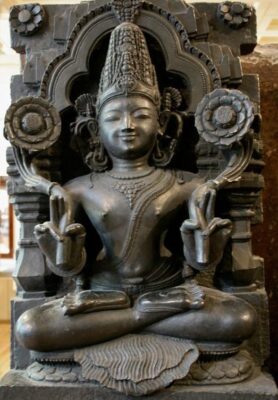
tat savitur vareṇyaṃ
bhargo devasya dhīmahi
dhiyo yo naḥ pracodayāt
That is what a Jyotiṣa is. The Sun radiates, whether you thank him or you do not thank him. He has given your life today also; he has shown you the way today also; he has given you the warm. The life is sustaining because of him. You may not have thanked him today; maybe you have not thanked him for years together. He does not care; he still gives. That is the nature of a Jyotiṣa. You should not worry of what who is giving; you have to radiate. You cannot stop radiating.
When we come down to this geocentric plane… We come to the geocentric plane, because we are born because of shadows, shadows within us, shadows that are falling on this pure light. Like Rahu is a shadow.
What is Rahu or what is Ketu? Rahu or Ketu is nothing but the shadow of the Earth.
Saturn is the shadow. When it falls on a luminary, it behaves like Rahu. The blockage of light is Saturn, but it’s enveloping vision is Rahu or Ketu. What is Tamas? Tamas means being without light, the opposite of Jyotiṣa is Tamas.
When we talk of the light, the light can be at three different levels, because there are three eyes. The right eye, called the eye of dharma, the left eye, called the eye of compassion, and the third eye or this balanced middle one, the eye of truth. These three eyes are very important for the Jyotiṣa. He has to at every point of time balance between the dharma and compassion. The dharma without compassion or compassion without dharma are flawed to a large measure. But in any case, both of them must be rooted in truth. If they are not rooted in Satya, then the dharma itself is flawed; and so is the compassion. One must not be compassionate for somebody who has done murder and feels that he has done the right thing, so that compassion is rooted in untruth. So, the balance for these two is a third eye. Jyotiṣa must keep these three eyes very clear in front of it.
Sometimes one will be required to be harsh, but do not judge yourself badly. We do not have to be cruel we can be harsh. By not answering somebody, you can be harsh to the person. Somebody wants you answer to a question; you do not give that answer. You are being harsh, because you are not radiating like the Sun; you stop radiating. The Sun is radiating from the right eye all the time: ‘This is dharma to give. He has come for knowledge; you must give him.’ But the Moon says: ‘No, not everybody.’ Moon light is sometimes compassionate, that is cool, soothing, does not hurt – those conditions of the Moon are there. If you do not follow the conditions of the lunar vision, you will not be able to live happily in the society. The Sun is scorching; the Moon is soothing. So, compassion is soothing; dharma is scorching. Dharma burns, but the compassion of the Moon loves, sustains, forgives, makes mistakes, accepts mistakes. But Jupiter is the balanced one who alone knows exactly where to draw the line.
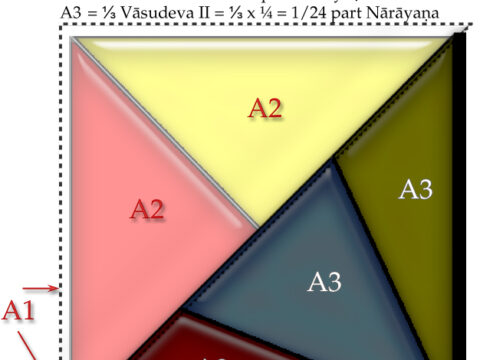


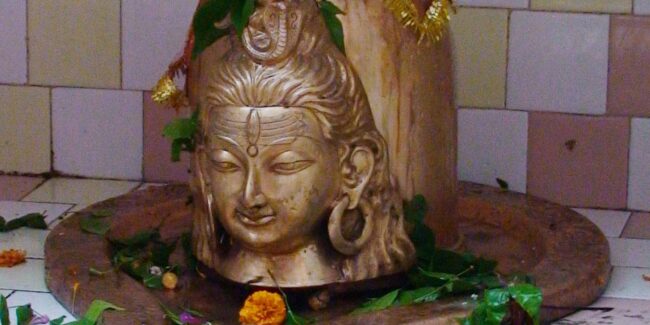
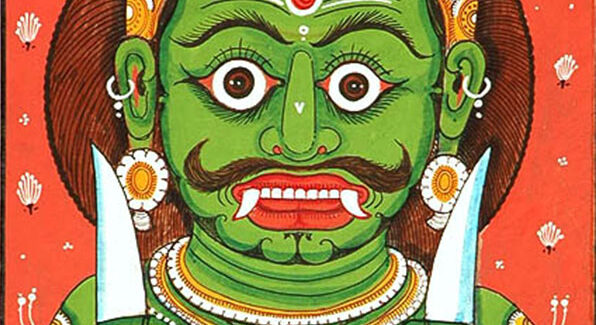
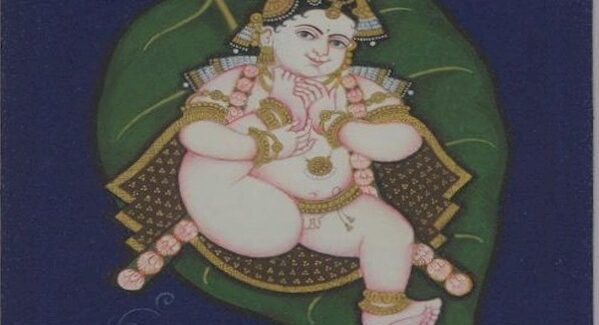
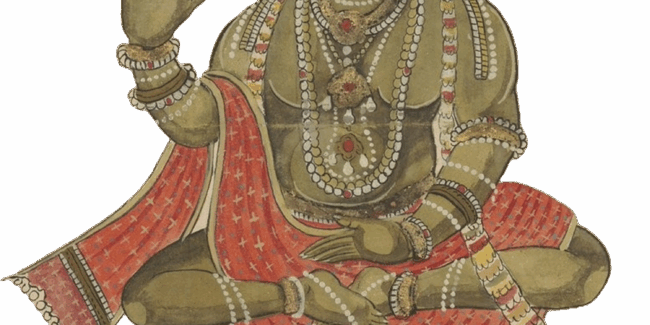
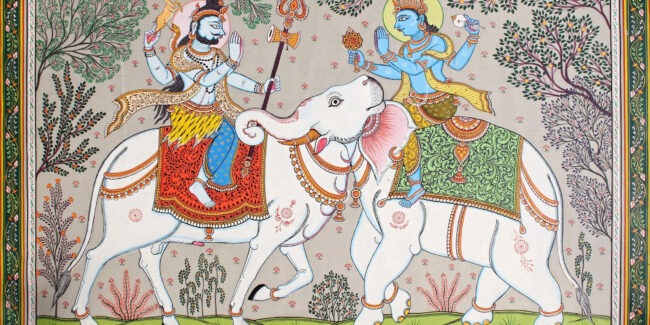

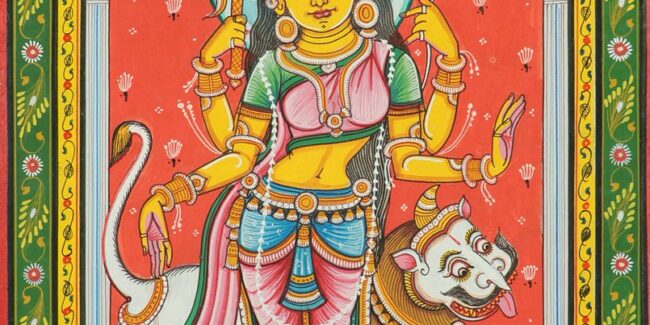
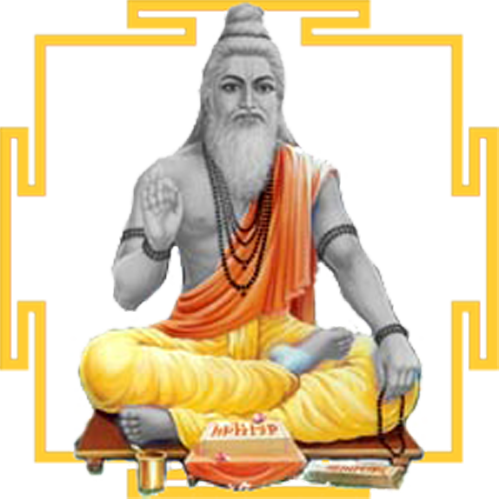 DBC offers online courses in jyotish (Vedic Astrology) taught directly by Sanjay Rath as per the tradition, through narrated power points and other audio tools. The courses are at different levels, from the beginners through the intermediate to the advanced and are known as SoHamsa | DBC courses, with individual classrooms and assistant teachers
DBC offers online courses in jyotish (Vedic Astrology) taught directly by Sanjay Rath as per the tradition, through narrated power points and other audio tools. The courses are at different levels, from the beginners through the intermediate to the advanced and are known as SoHamsa | DBC courses, with individual classrooms and assistant teachers
 Sagittarius Publications is the publisher and distributor the popular quaterly magazine the Jyotish Digest, as well as many thorough books on the subject of Vedic Astrology or Jyotish.
Sagittarius Publications is the publisher and distributor the popular quaterly magazine the Jyotish Digest, as well as many thorough books on the subject of Vedic Astrology or Jyotish. We have an excellent pandit Divākar ‘Deva’ Mishra, who is from the priests of Vindhyāvāsini Siddha Pīṭha to guide you through the hundreds of temples of Kāśi [Varanasi] and neighbouring regions. He can organise your pūjā, keep you safe and take care. He is supported by an English-speaking well-travelled spouse ‘Supriya Mishra’. Please contact them directly for any services, remedial pūjā and tours. They handled the 60+ member Kāśi Jyotiṣa Group 2022.
We have an excellent pandit Divākar ‘Deva’ Mishra, who is from the priests of Vindhyāvāsini Siddha Pīṭha to guide you through the hundreds of temples of Kāśi [Varanasi] and neighbouring regions. He can organise your pūjā, keep you safe and take care. He is supported by an English-speaking well-travelled spouse ‘Supriya Mishra’. Please contact them directly for any services, remedial pūjā and tours. They handled the 60+ member Kāśi Jyotiṣa Group 2022.
Namaste Gurujee,
Your narration has helped me to understand the true meaning of the Shloka …
सत्यं ब्रूयात प्रियं ब्रूयात न ब्रूयात सत्यं अप्रियं |
प्रियं च नानृतं ब्रूयात – एष धर्मः सनातनः ||
Namaste!
I really enjoyed reading this clear and radiant definition of Jyotisha .thank you Sanjay .
I was always told that Jyotisha is the subject, the science of Light, and a Jyotishi, male or female were the practioners of Jyotisha. Have I been led astray?
No you have not been led astray. When we speak of the Sun, what is divine is its rays with both light and warmth. Therefore, Jyotisa is also a Science of Light, but we need to understand that behind the Sun stands the one god assuming many forms. That god is Brahma at sunrise, Hari at midday, Hara at sunset and Kali at midnight. What we see with the naked eyes is the light of the Sun. But what we fail to see is that these rays come due to His grace
Inspired writing!